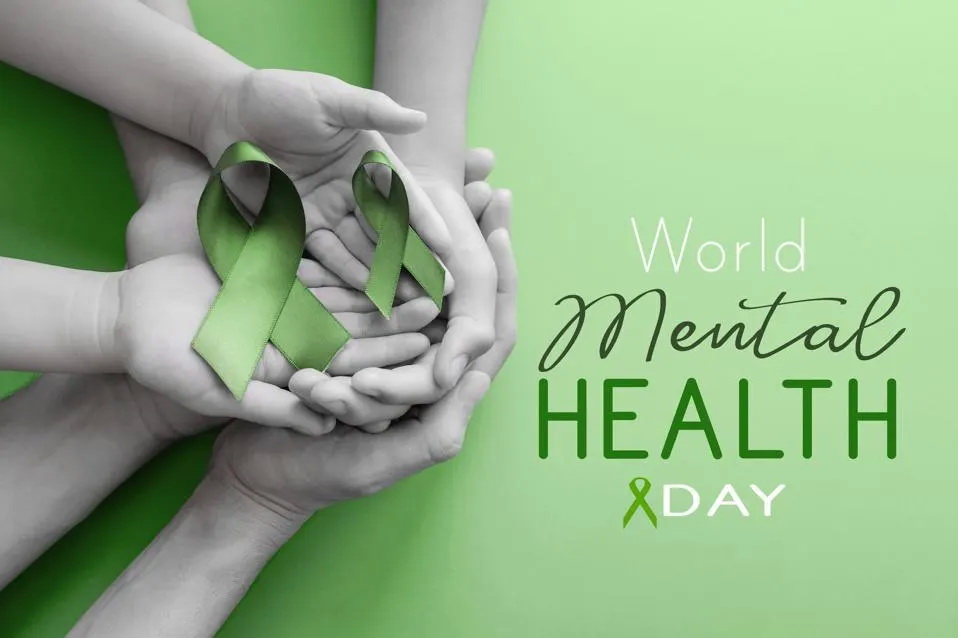Tuesday, October 10, 2023 was the World Mental Health Day, according to the World Health Organization (WHO). Furthermore, the entire month of October is Domestic Violence Awareness month in the United States.
Here are some facts about mental health in America today (source: Mental Health America)
- 46 percent of Americans will meet the criteria for a diagnosable mental health condition sometime in their life, and half of those people will develop conditions by the age of 14.
- nearly 1 in 5 American adults will have a diagnosable mental health condition in any given year.
- 42.5 million adults have anxiety disorders; anxiety disorders are among the most common mental illnesses in America.
- 3.7 million tweens and teens (aged 12-17) with major depression.
- 21 million adults with depression.
What can we, parents, do?
START MAKING SENSE OF OUR OWN INTERNAL WORLD.
I often talk about Dr. Daniel Siegel’s books and the concept of MINDSIGHT. He writes at length about the importance of parents making sense of their own personal story and narratives. Most often, this means working with a therapist or a mental health practitioner, at least in the beginning. Our minds will NOT let us see the Truth at first. That’s OK, and to be expected. Shame grows in secrecy. Generational trauma, such as physical abuse or alcoholism, can be healed in a safe therapeutic space.
Dr. Siegel writes in Mindsight: The New Science of Personal Transformation:
“What was your childhood like? What was your relationship like with each parent—and were there other people with whom you were close as a child? Whom were you closest to and why? I’d ask you to give me several words that described your early relationship with each parent or caregiver, and then I’d ask for a few memories that illustrated each of those words. The questions go on: What was it like when you were separated, upset, threatened, or fearful? Did you experience loss as a child—and if so, what was that like for you and for your family? How did your relationships change over time? Why do you think your care-givers behaved as they did? When you think back on all these questions, how do you think your earliest experiences have impacted your development as an adult? And if you have children I’d ask you these questions: How do you think these experiences have affected your parenting? What do you wish for your child in the future? And finally, when your child is twenty-five, what do you hope he or she will say are the most important things he or she learned from you?”
Mental health doesn’t happen by doing nothing. Like physical health, it requires action, planning, intention and commitment. In the absence of self-awareness and coherence about our own upbringing, we end up parenting the way we were parented.
I encourage you to assess the support system you have today. Is it enough? Where do you take your strength from? Where do you take your guidance from? Who is helping you make sense of your story?
Take a look at how my program can help you: click here
Please follow me on the new Instagram page: @parenting.made.conscious
I promise to post new content regularly.
